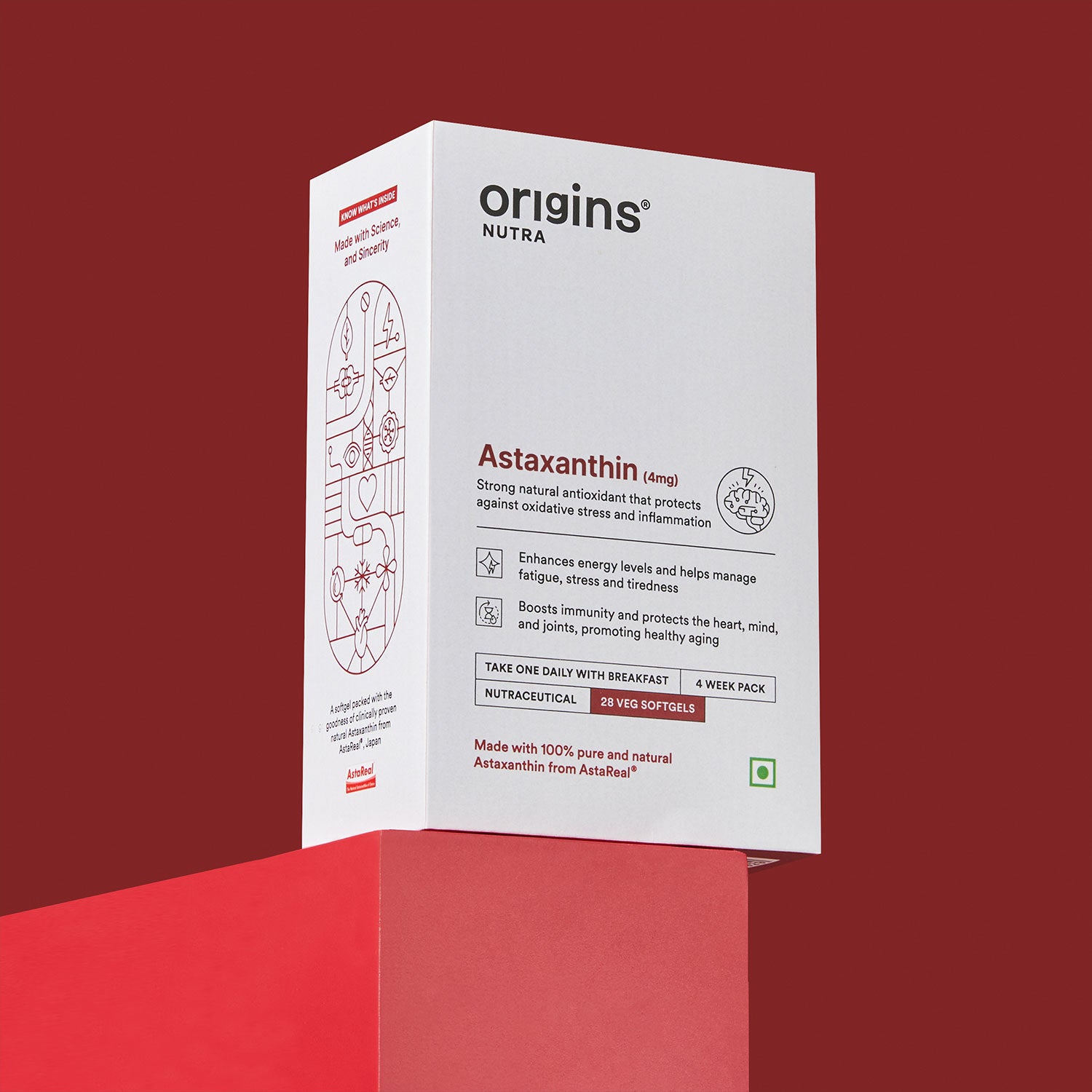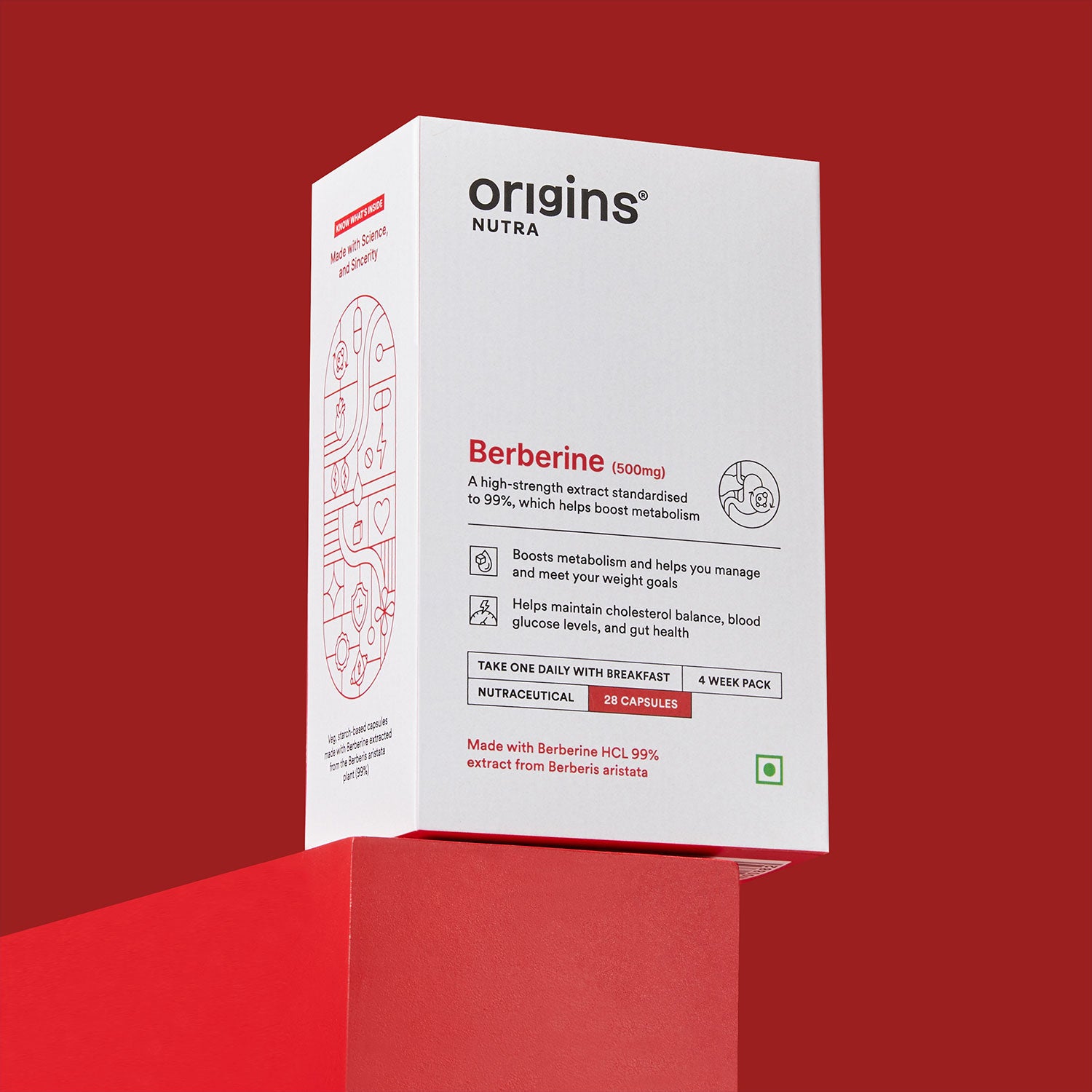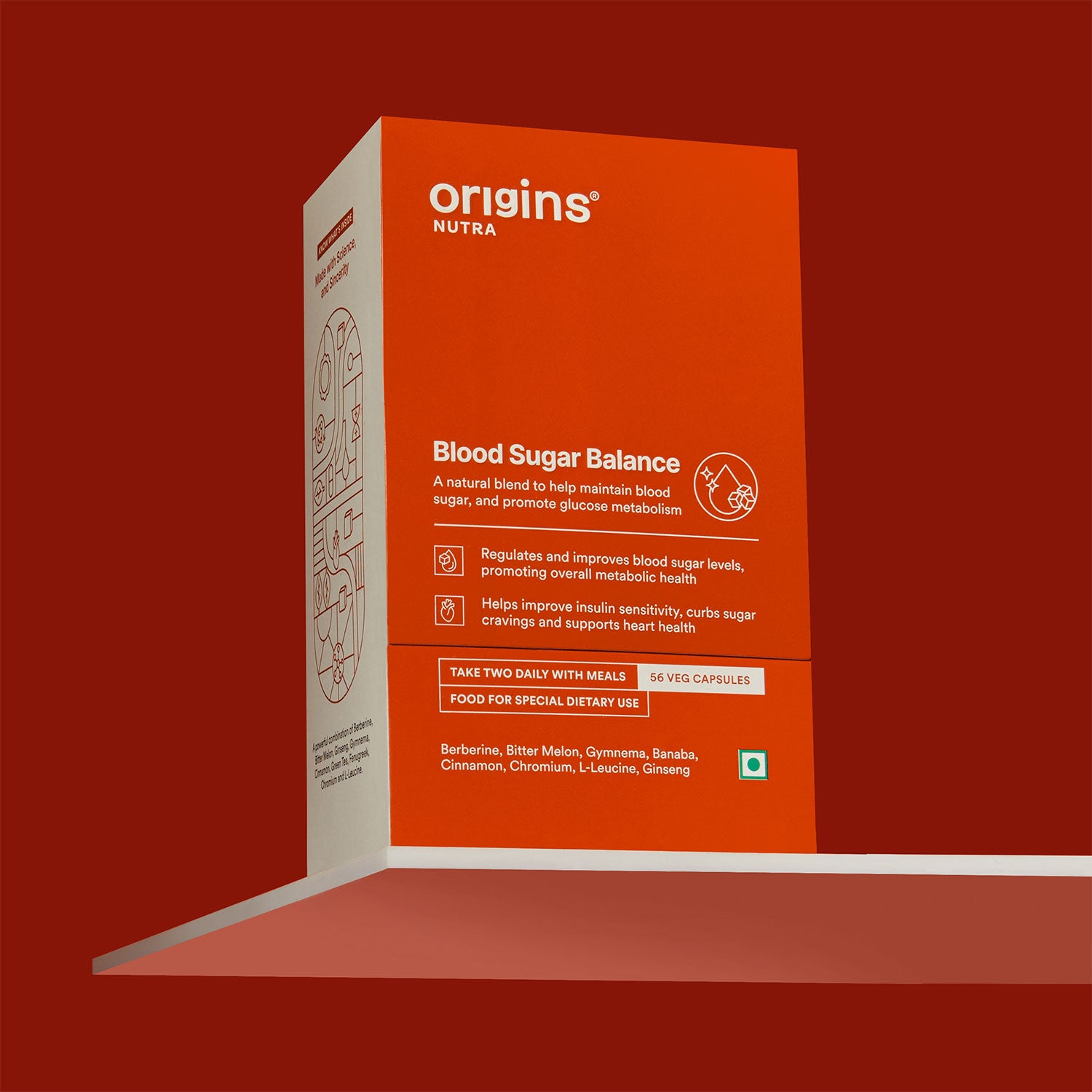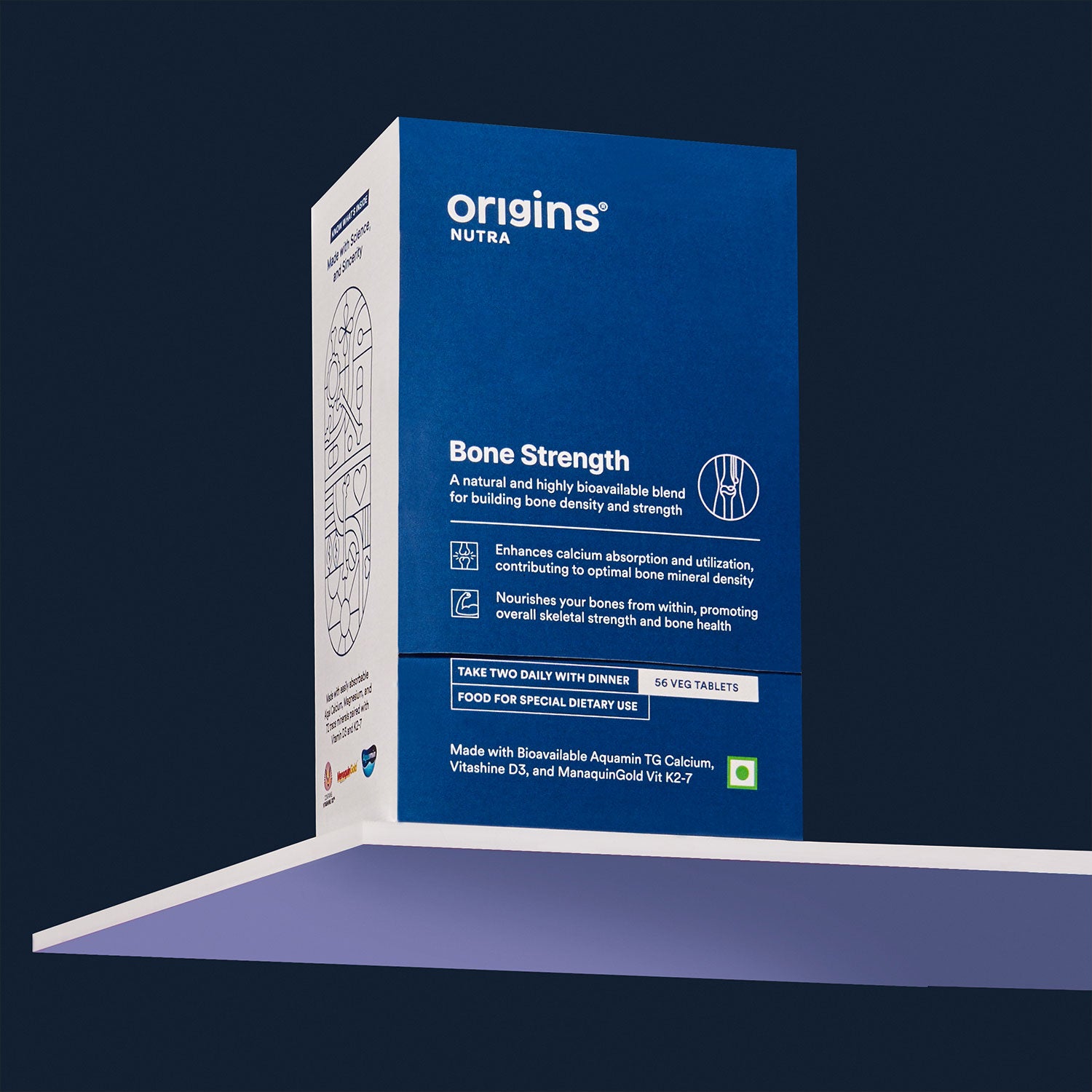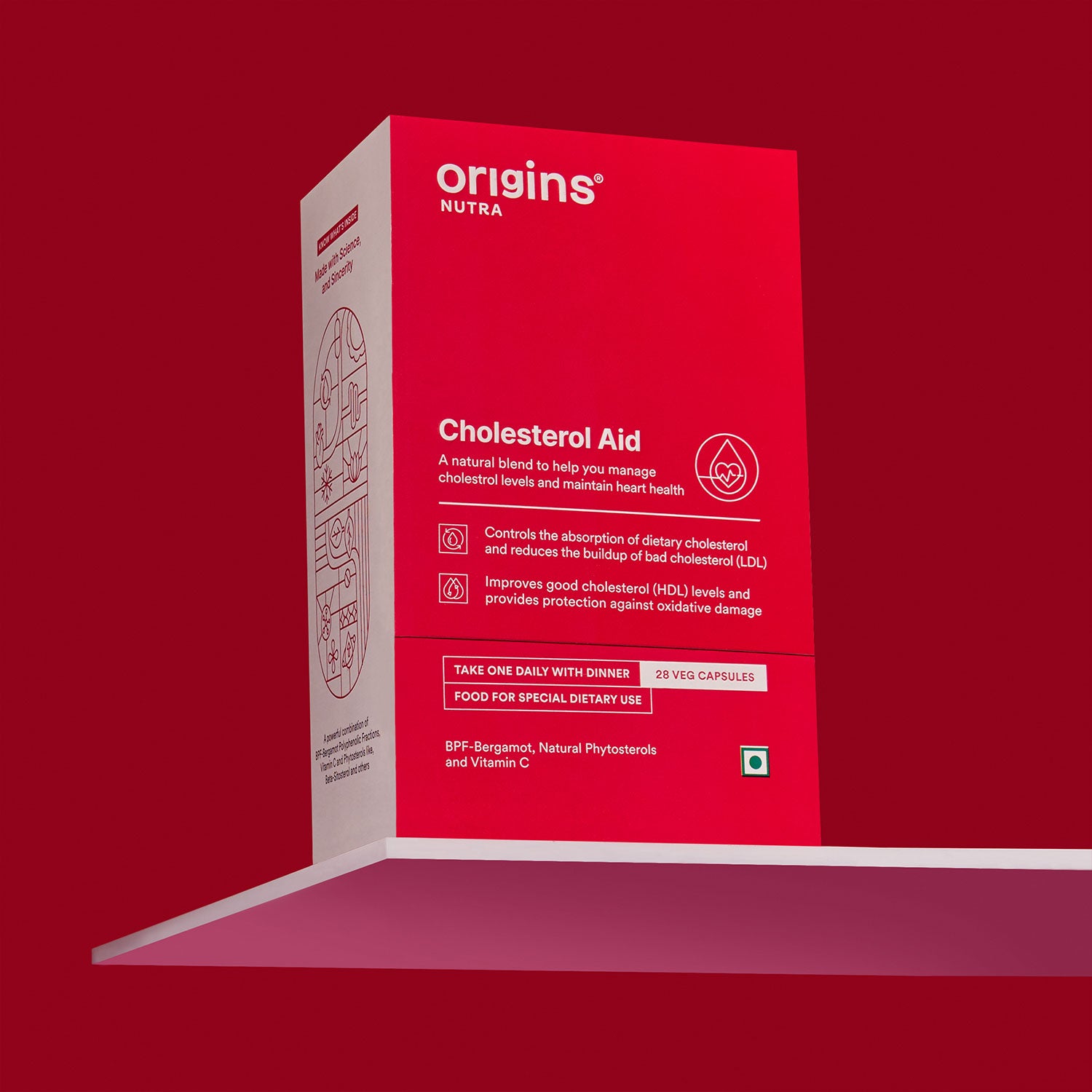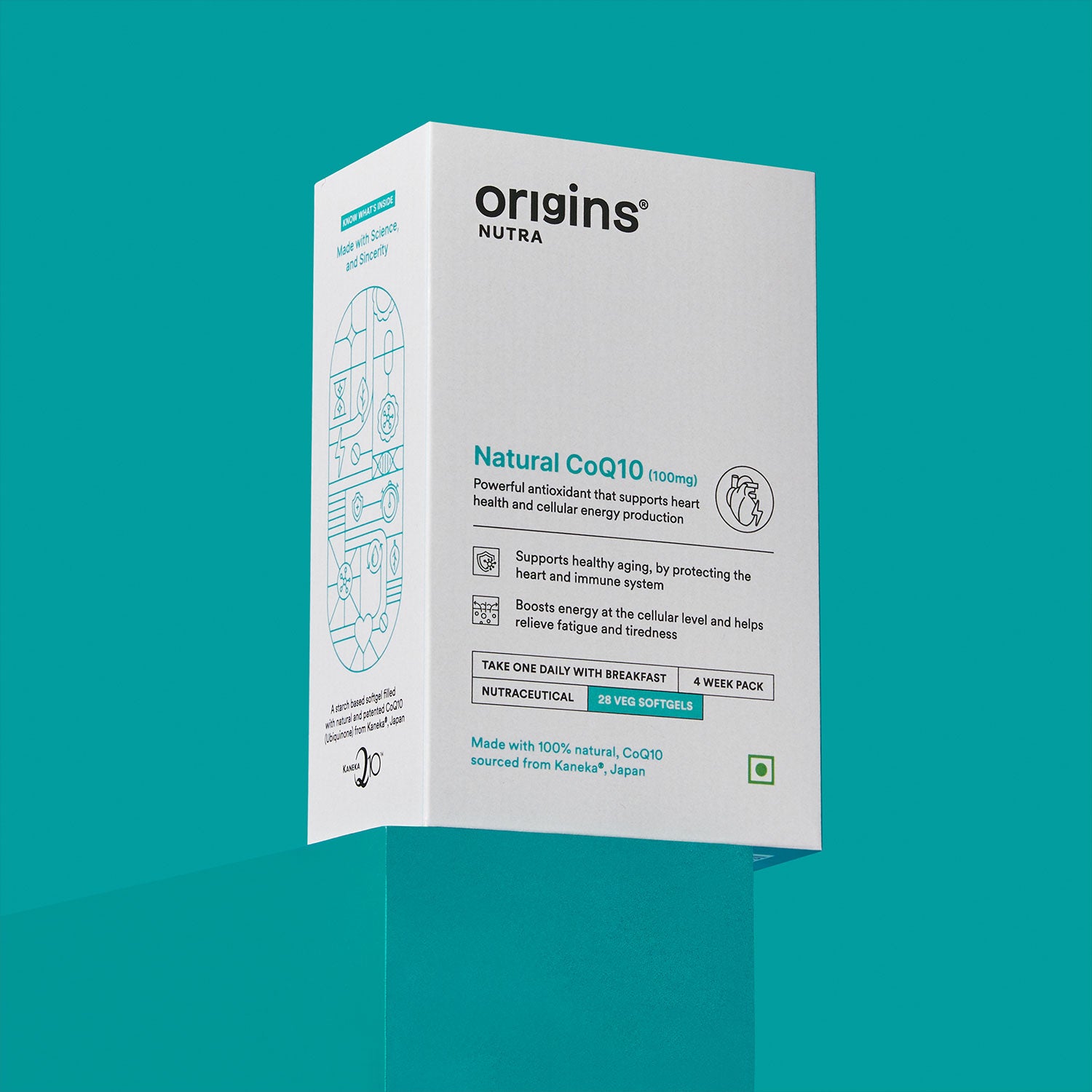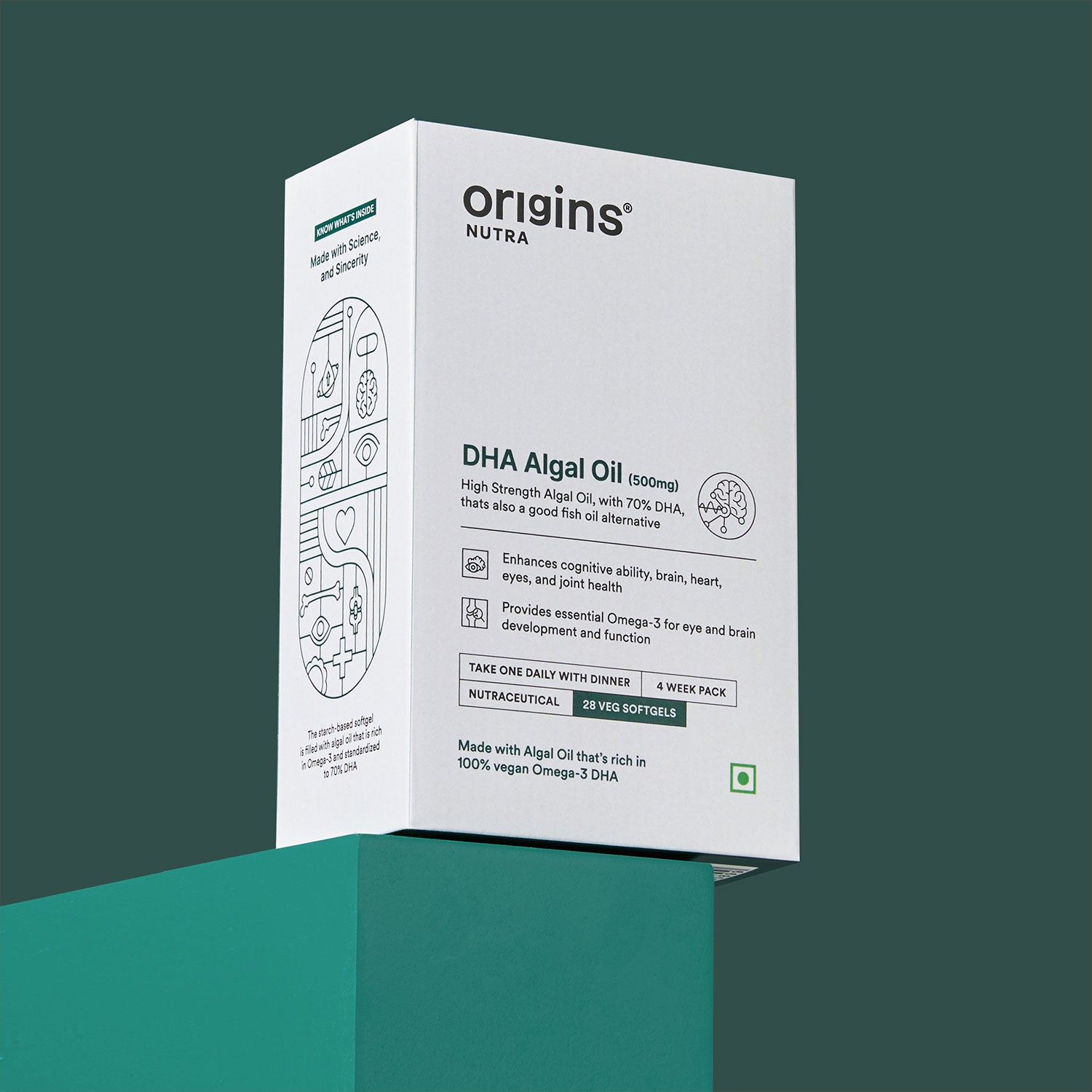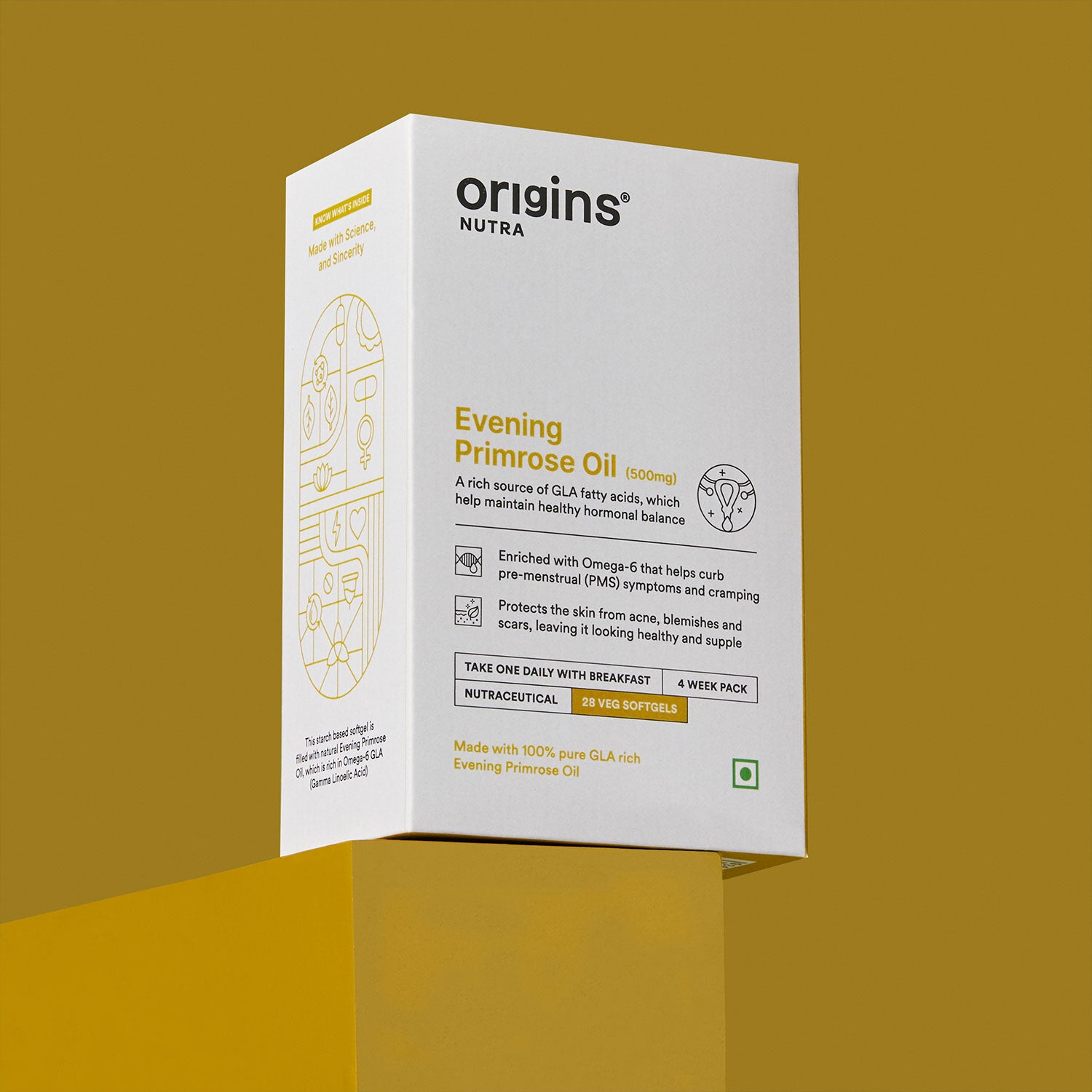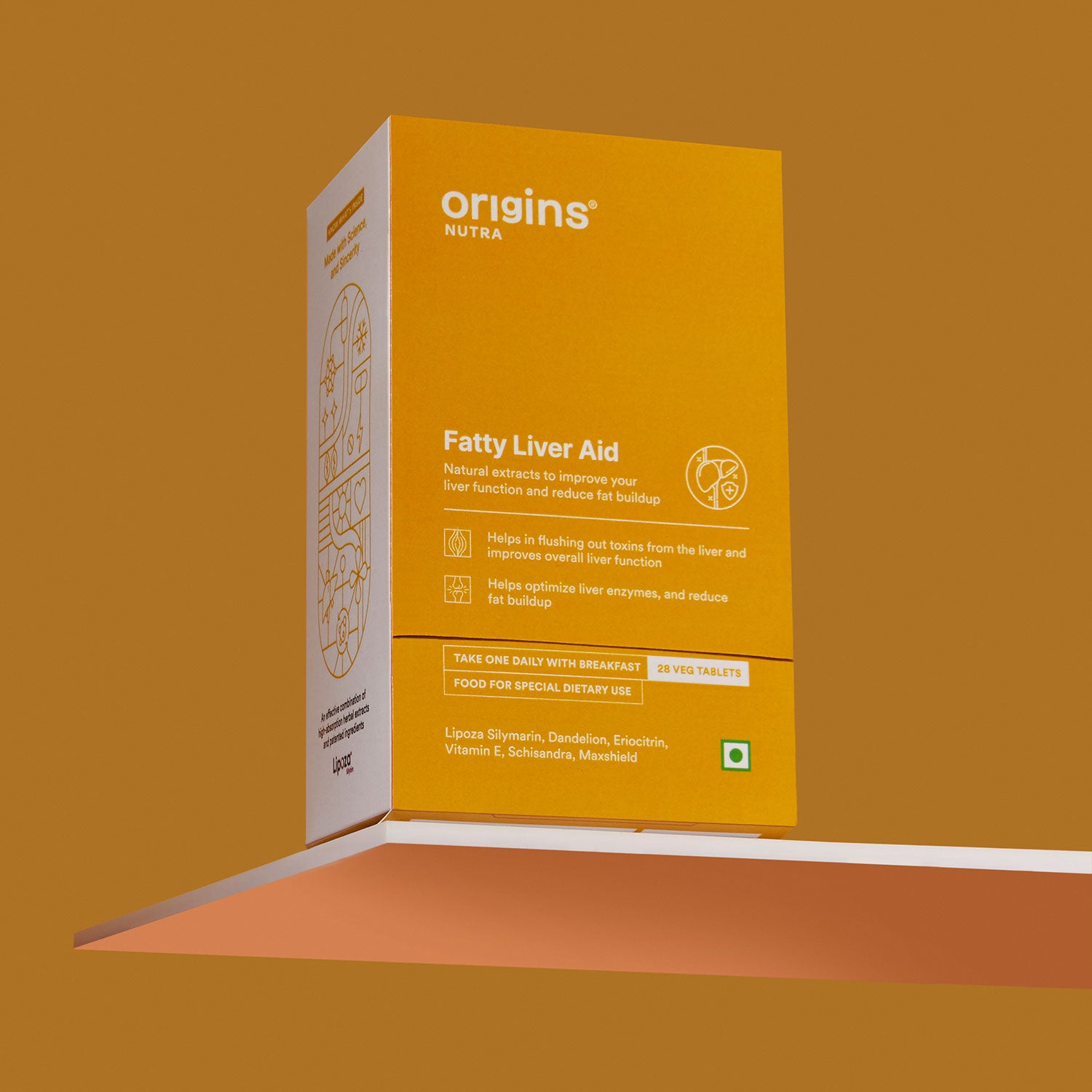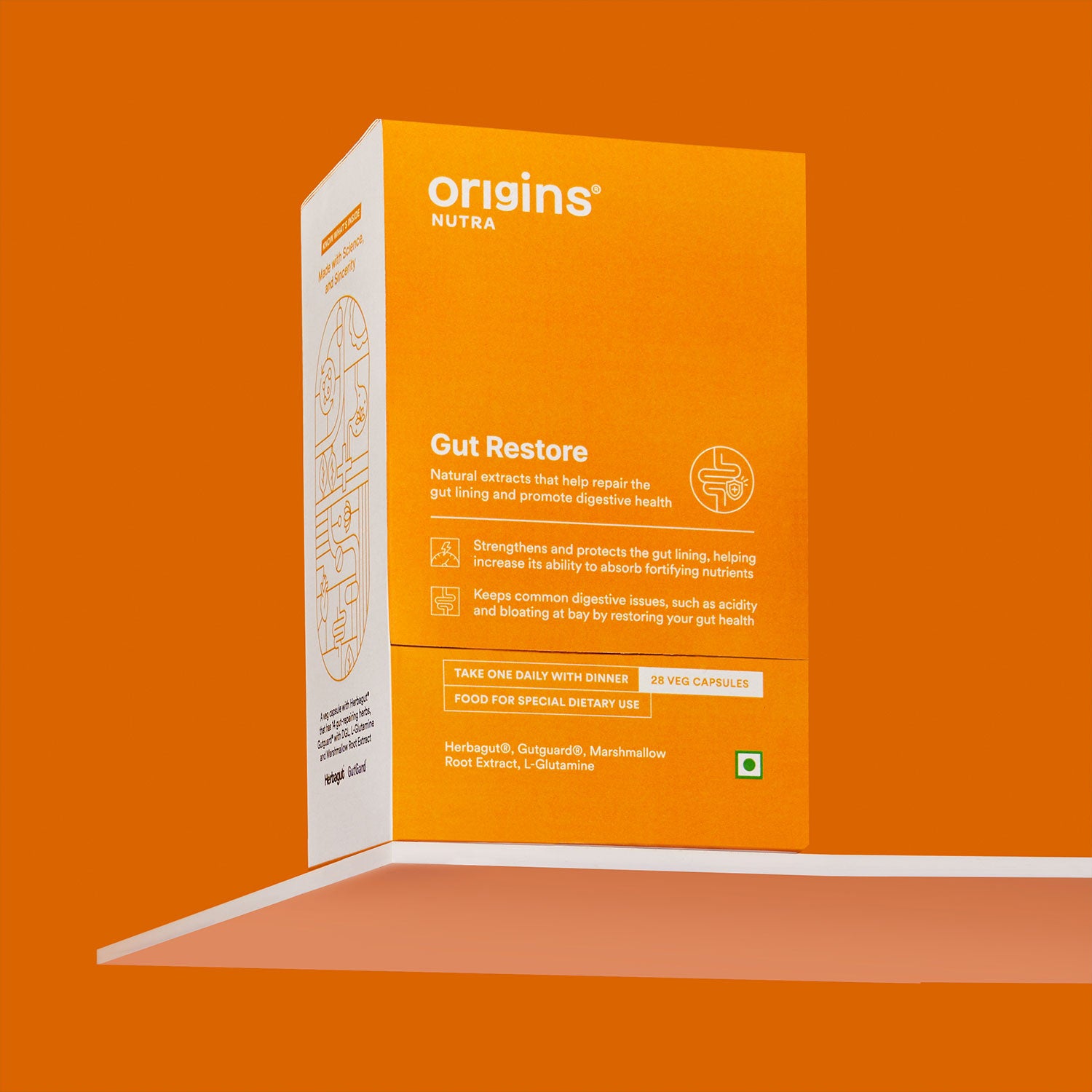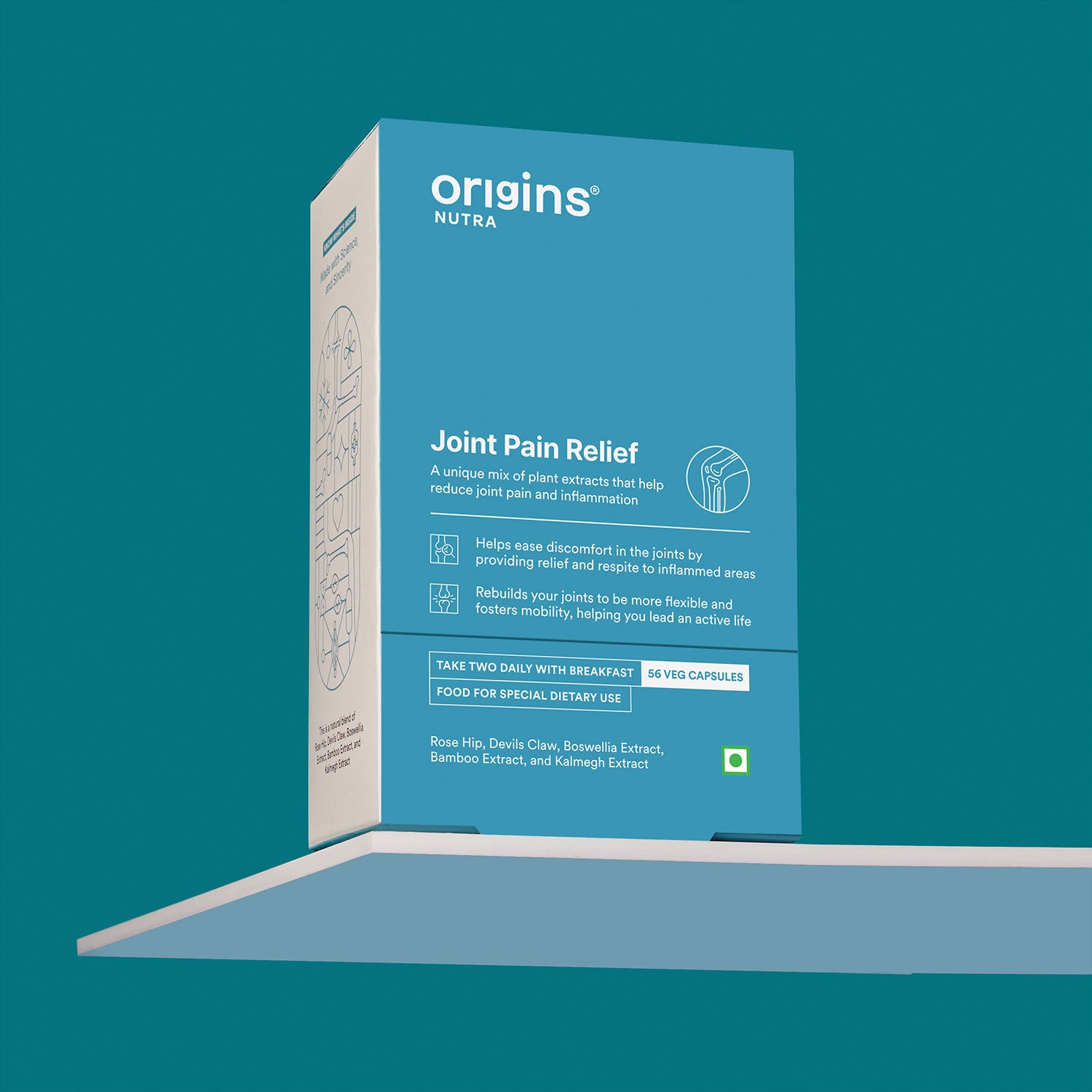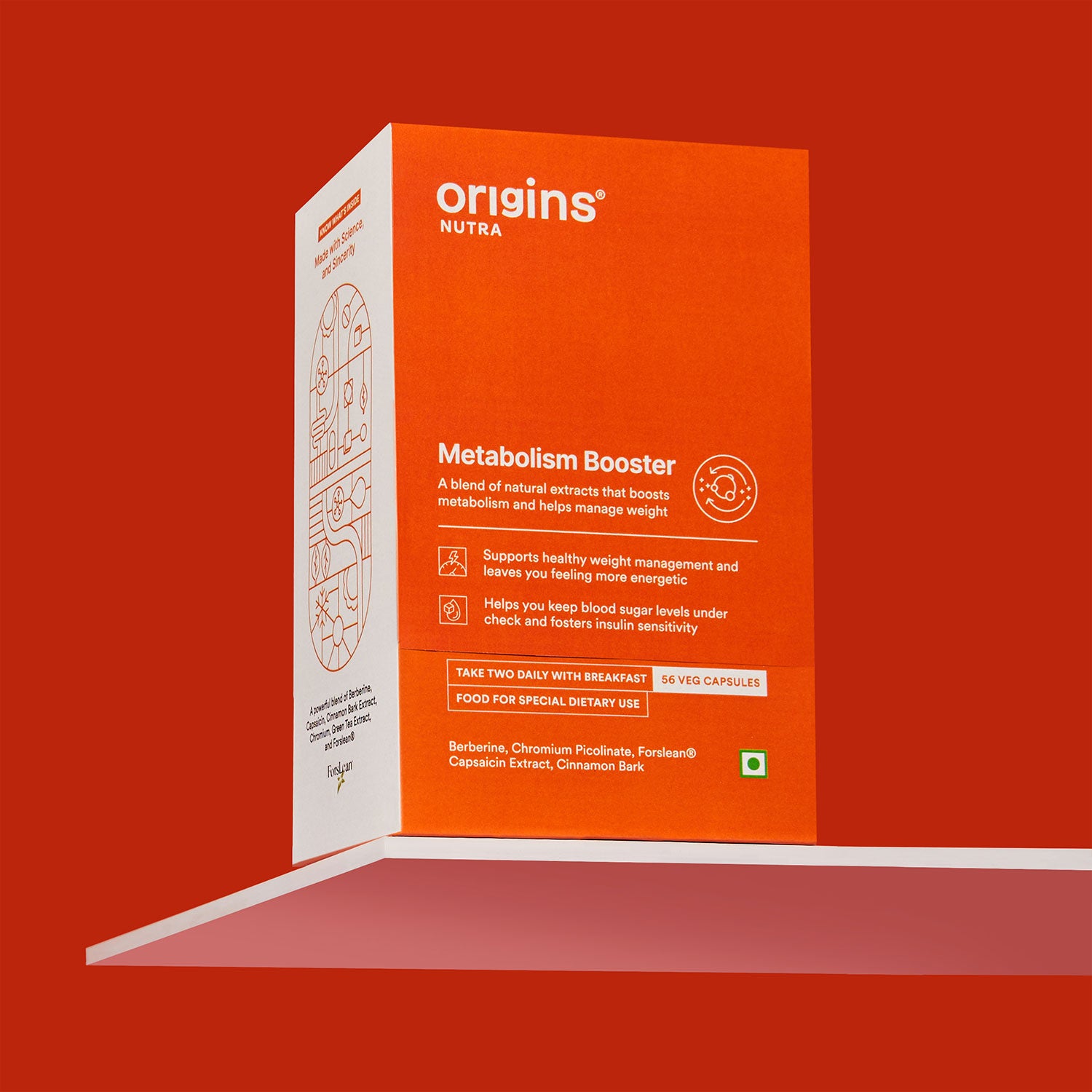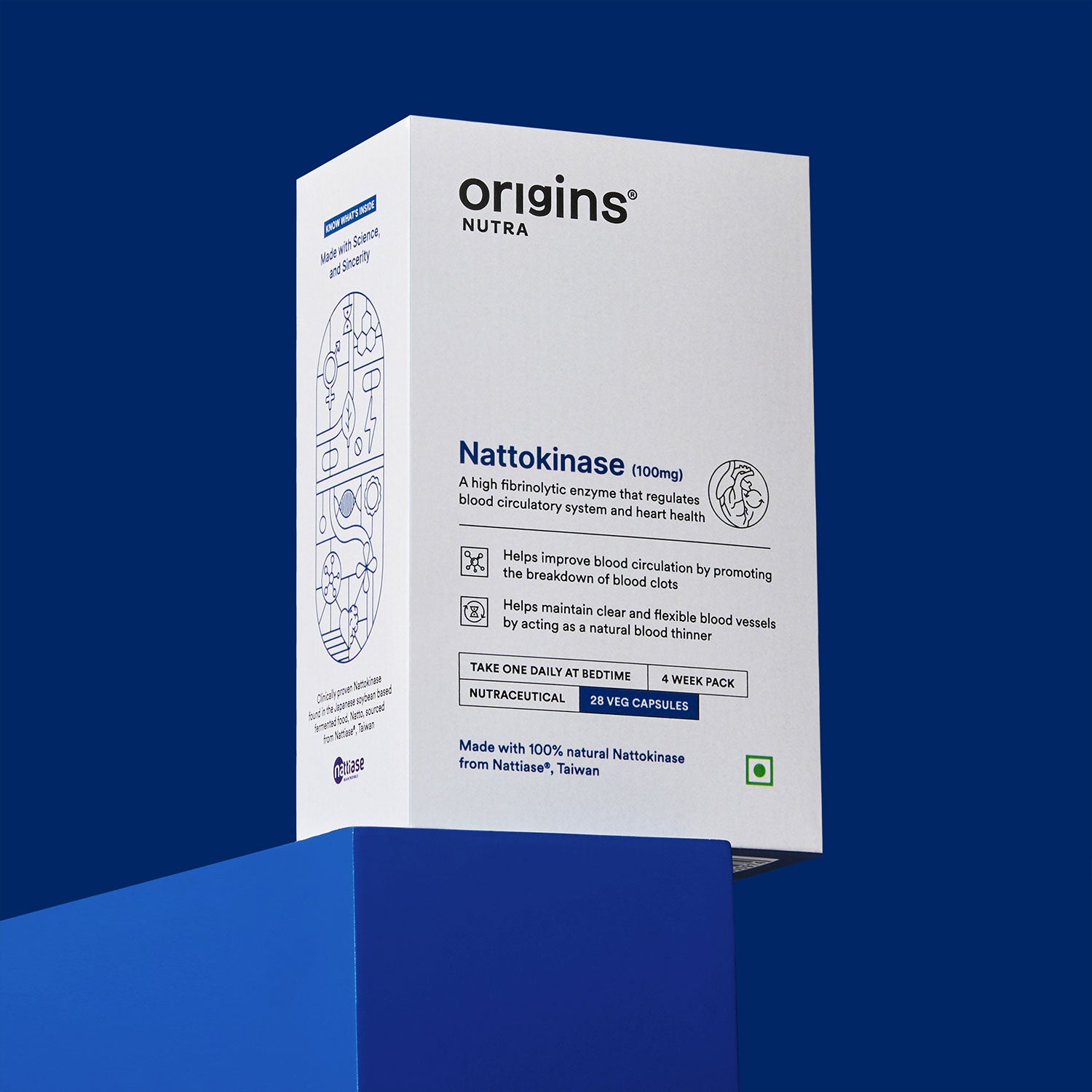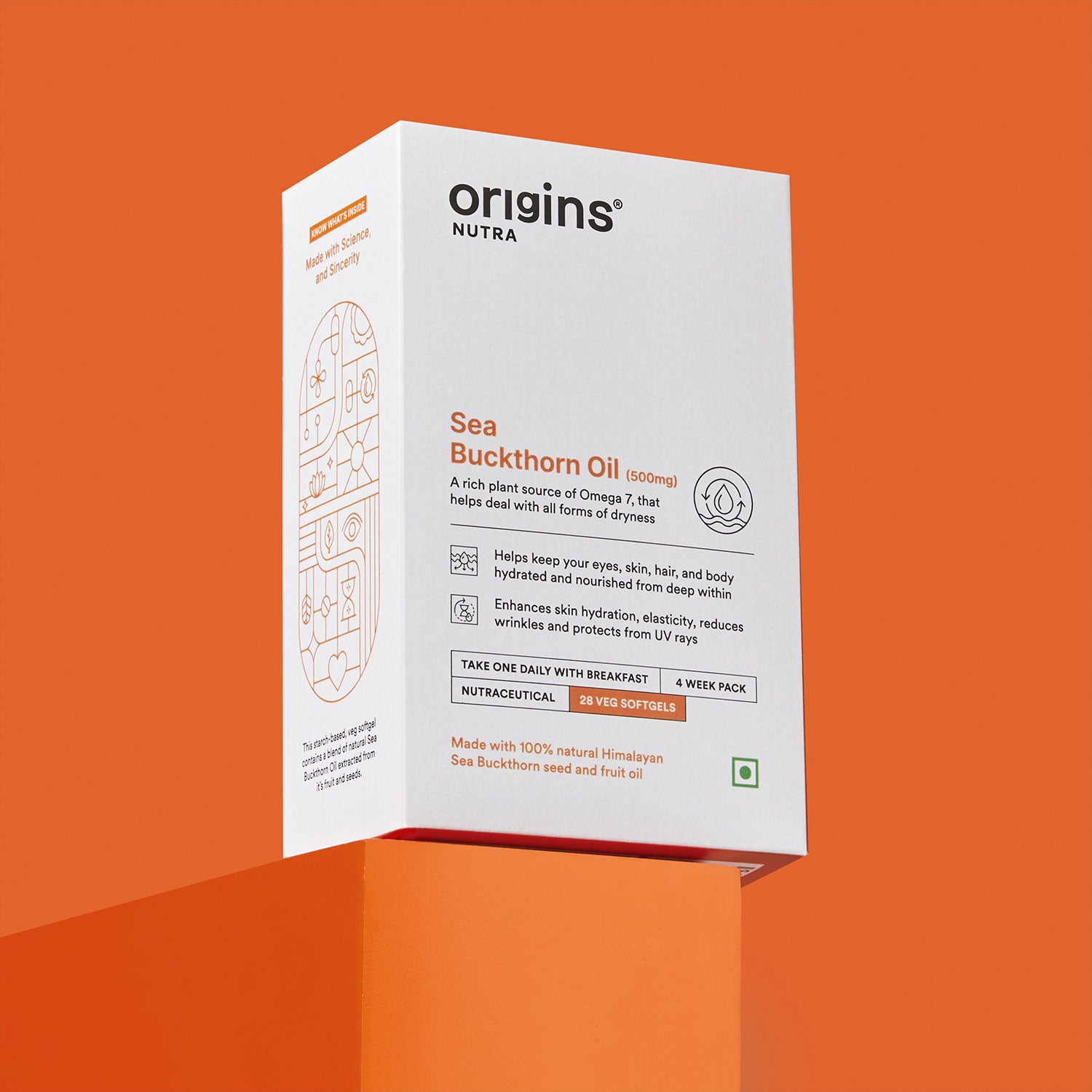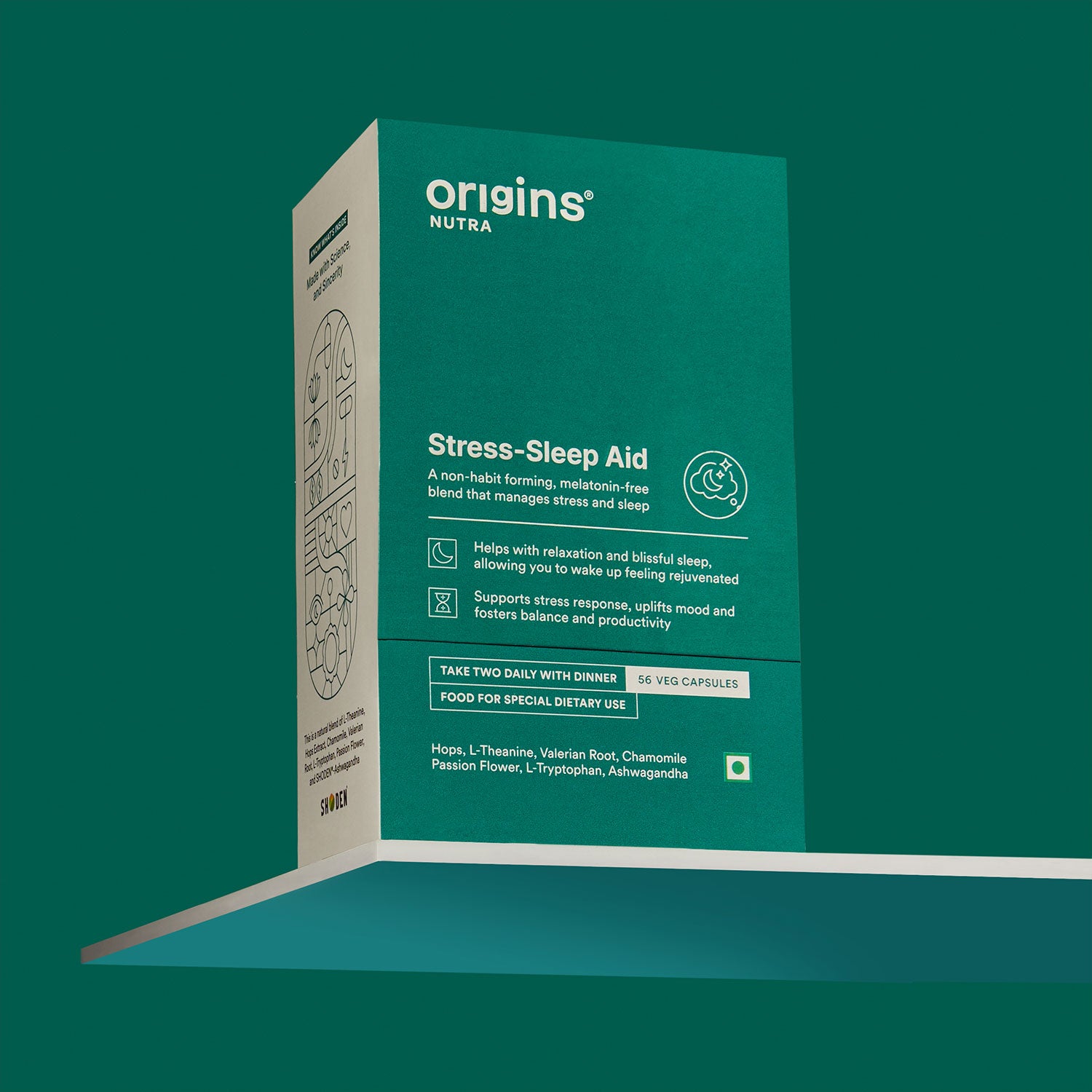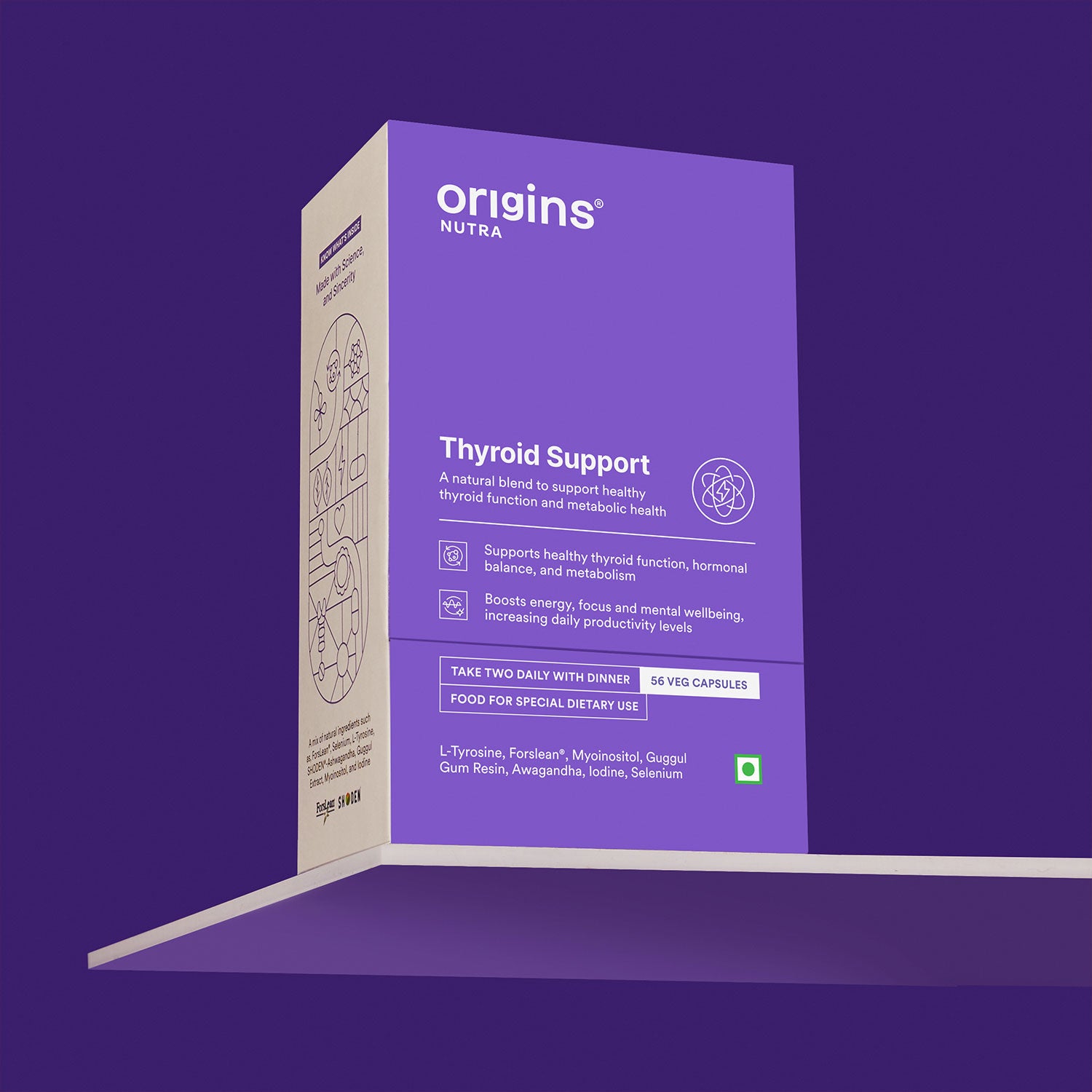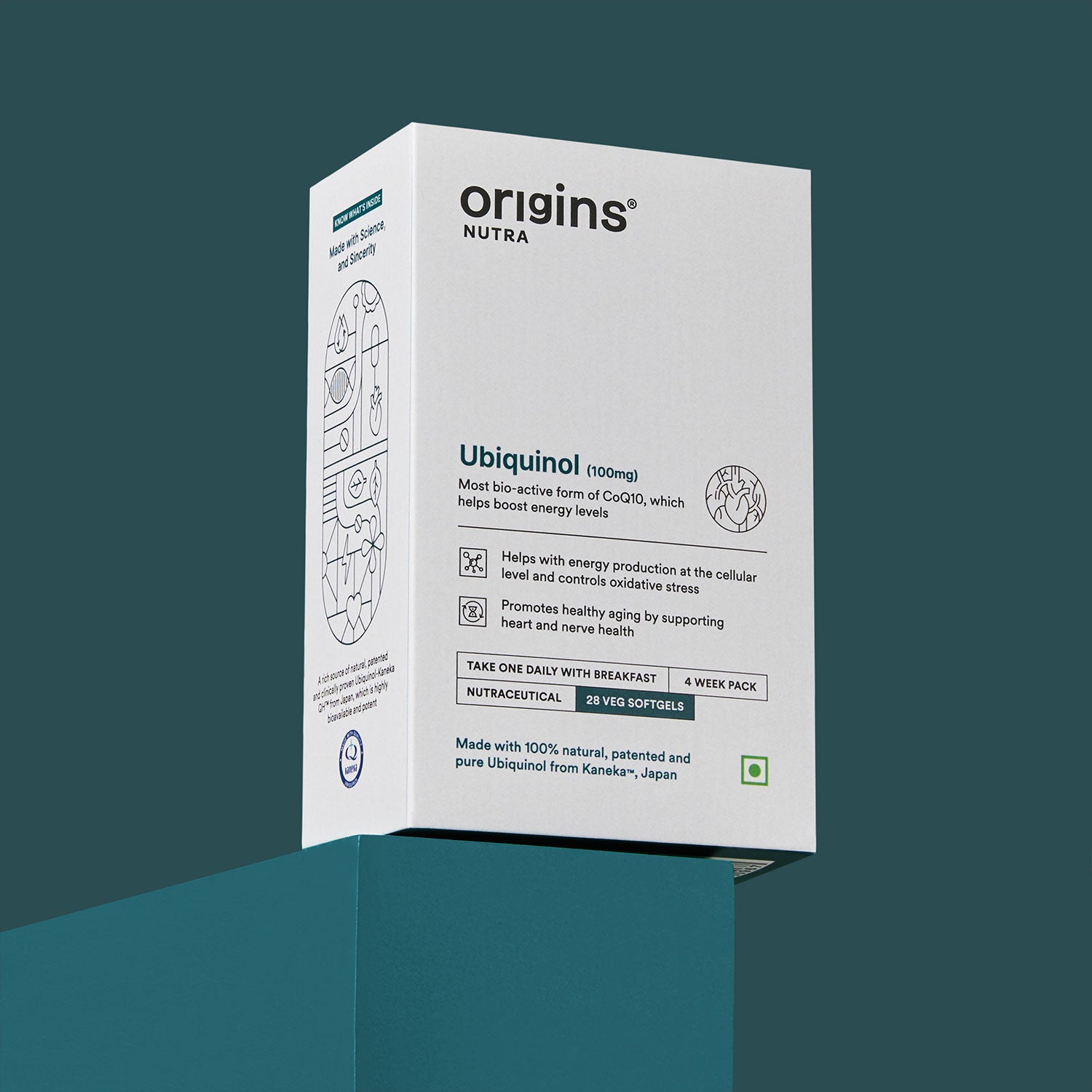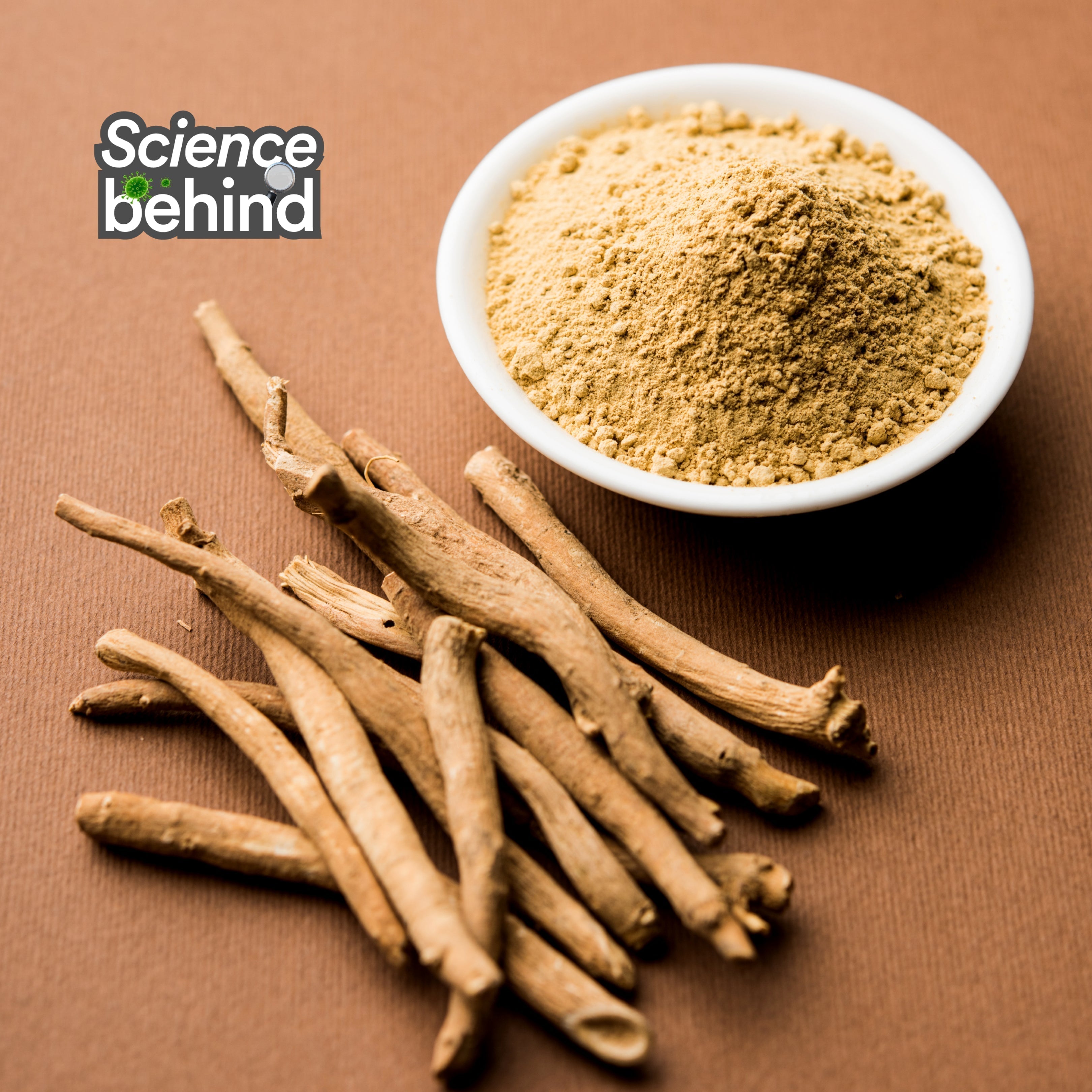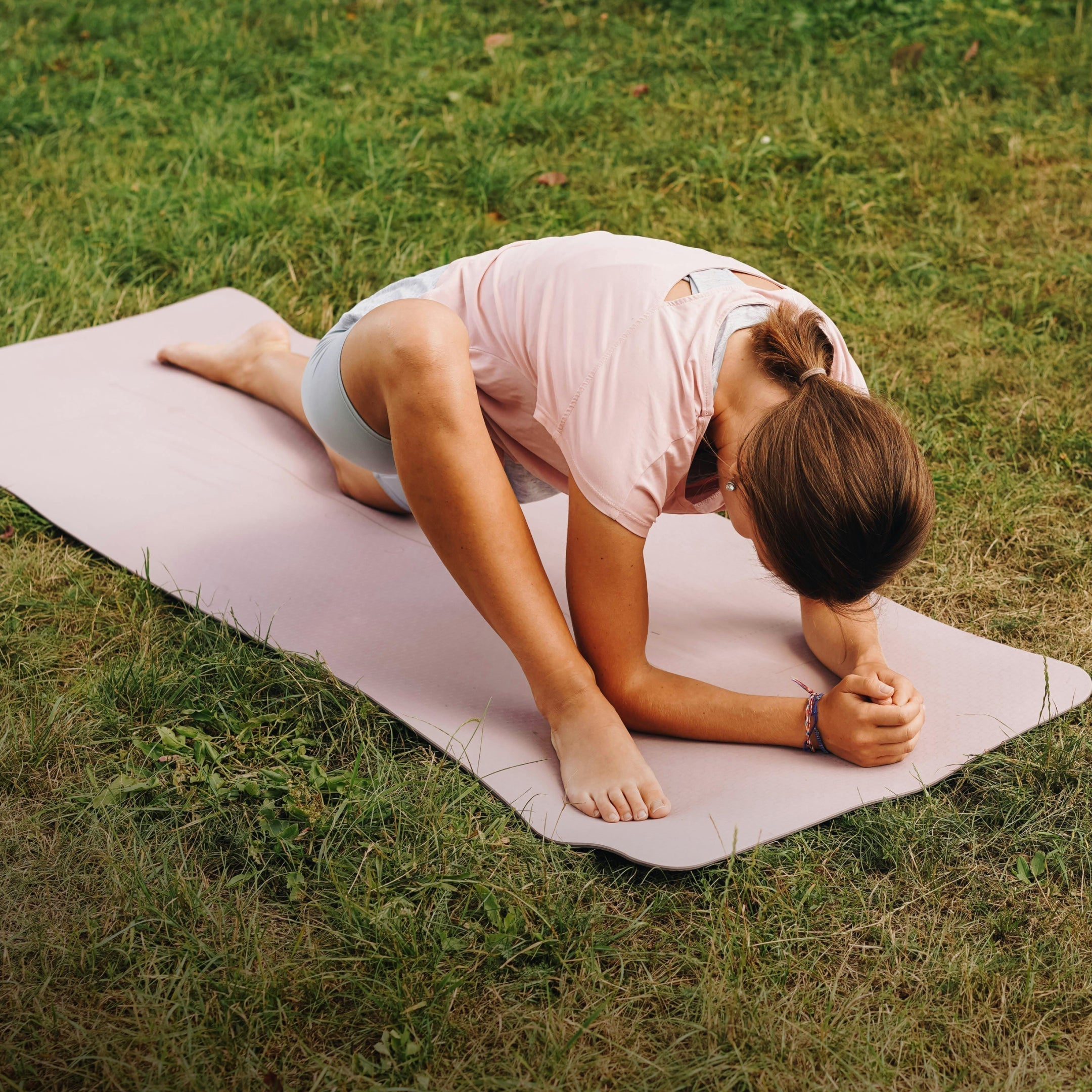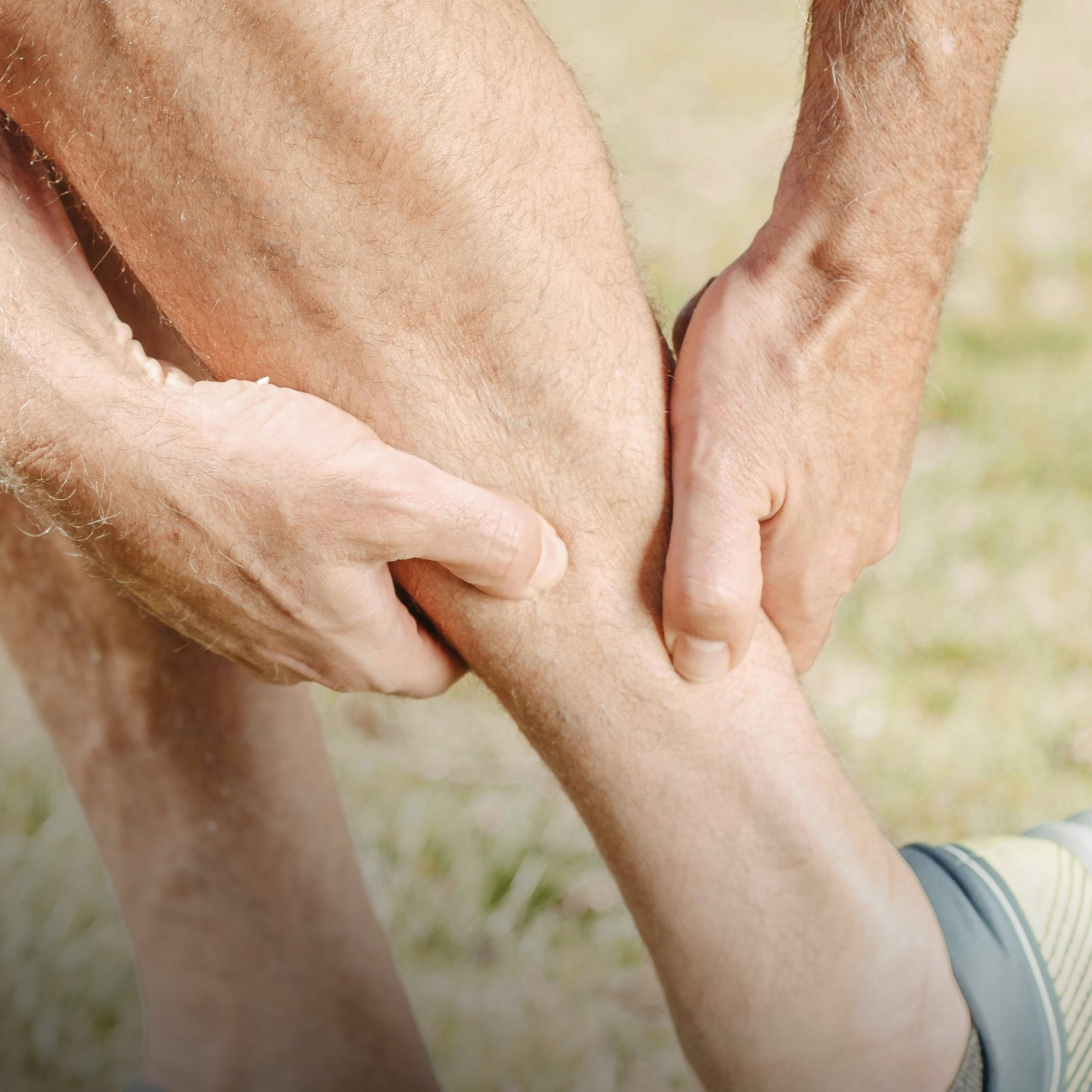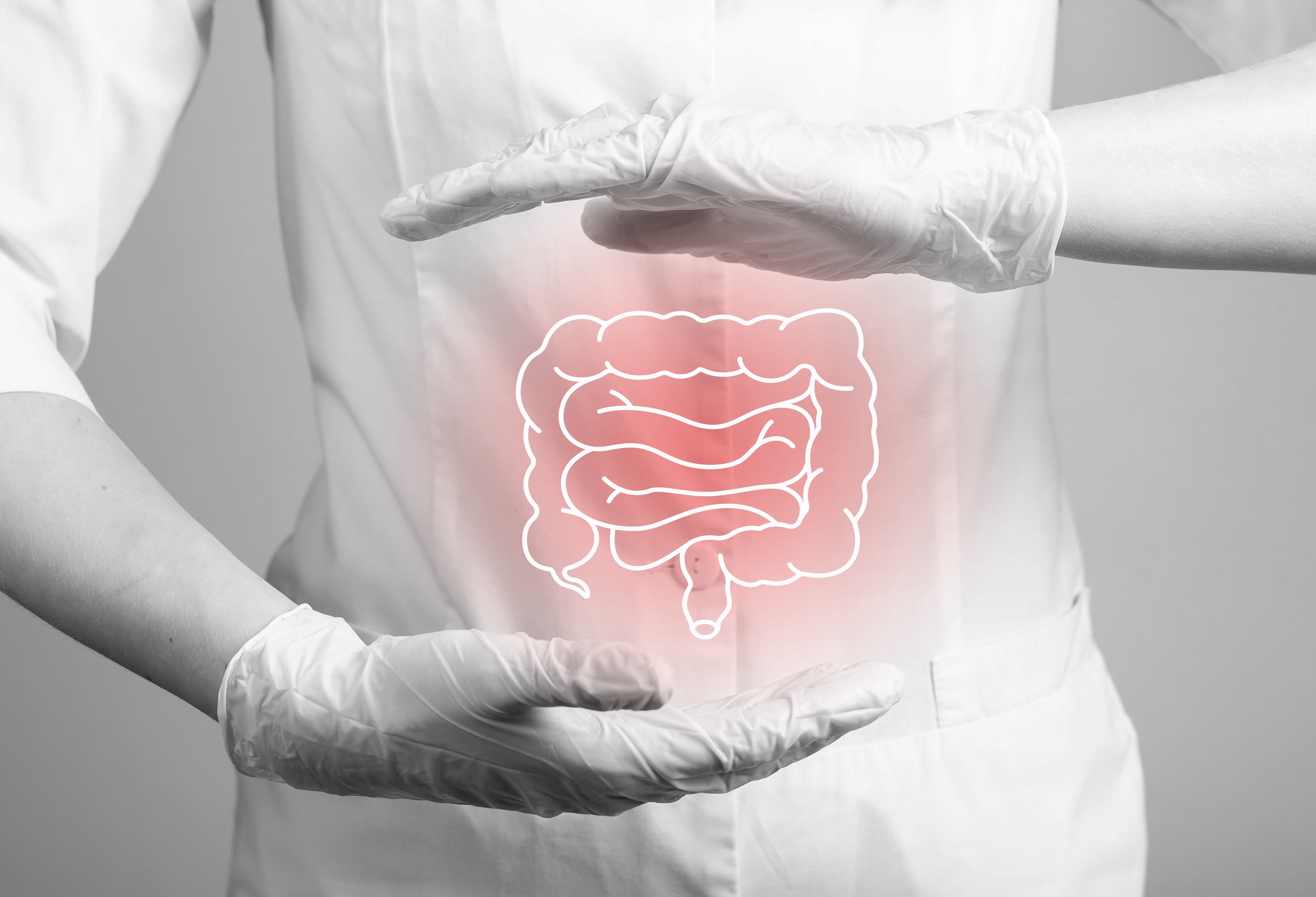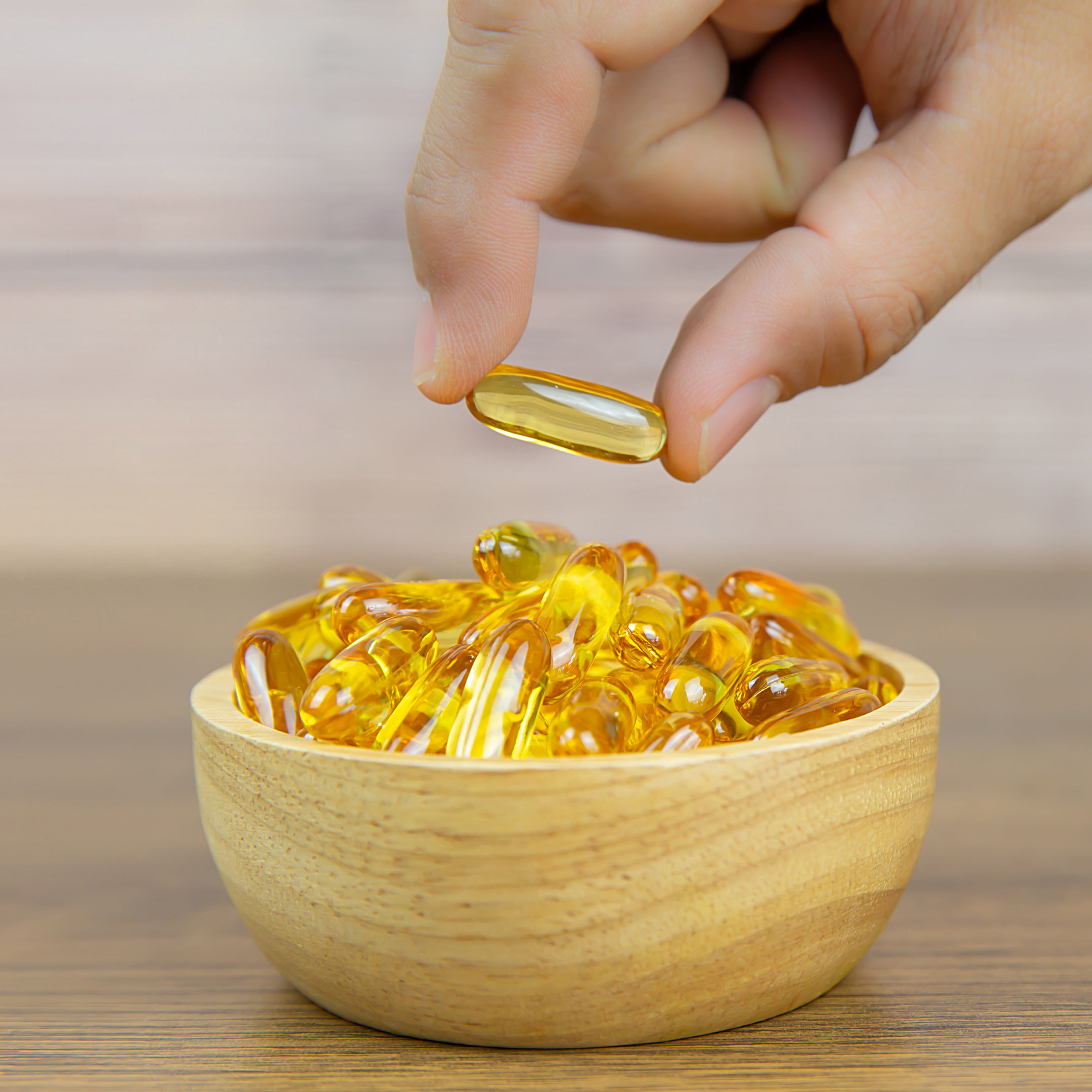Protect Your Bones: Common Diet and Lifestyle Mistakes to Dodge
Introduction:
Are stairs starting to feel like a steep mountain trek? Does your desk chair feel more like a medieval torture device by the end of the day? And those high shelves… ever feel like they’re plotting against your shoulders?
Well, folks, it’s time to talk about some lifestyle and diet habits that are secretly working against your bones and joints. These sneaky culprits can lead to serious damage if left unchecked, so it's time to evict them with style!
Bone and joint health are crucial for maintaining an active and pain-free lifestyle. Today, let's explore how simple daily habits can fortify our bones and keep them strong for a lifetime of vitality.
“Elevate Your Comfort: No More Aches and Pains!”
Reversing the Sedentary Lifestyle and poor diet habits for better bone health:
1) Don’t be a Couch Potato
Are you the reigning champion of Netflix marathons and couch potato Olympics? Your bones might be feeling a bit neglected from all that sitting.
This lifestyle might bring you obesity and also weaken bones and joints over time. To reduce stiffness and increase your flexibility, try to exercise regularly.
Below are some daily life changes that will reverse this.
- Swap TV or mobile time for some fun activities that get you moving.
- Find ways to keep your body active and energized like a low-impact exercise like yoga or swimming.
-
While working, take breaks to stand up and stretch, and go for a walk during your lunch break.

2) Correct your posture
Posture check: Constant slouching leads to neck pain, headaches, and stiff joints. Time for a tune-up!
- Roll back those shoulders and chill.
- Sit proud—no slouching around.
- Keep screens at eye level to save the neck strain.
-
Get a comfy chair that fits just right. Easy tweaks, happier you.

3) Go low-profile Exercising
Love your high-energy workouts? Cool, but don’t forget to show some love to your joints too!
Throw in some chill activities like swimming or cycling or use an elliptical machine, and hey, take the stairs for a sneaky joint-friendly exercise.

4) Nourish your bones with a proper diet
Many try crash diets for weight loss. And this can weaken bone health by reducing essential nutrients like calcium and vitamin D.
Take care of your bones with some simple eats and habits!
- Calcium is key, so enjoy your dairy and catch the sun's rays for that vitamin D.
- Munch on your greens and fishes rich in omega-3 fatty acids for stronger bones and happier joints.
-
Spice up your meals while going easy on the salt, and don’t forget to hydrate for smooth moves all day long.

5) Fast Food Fiasco
Does Drive-Thru know your order by heart? It’s time to slow down on the greasy goodies and treat your bones to some home-cooked love!
Pre-packaged meals are high in salt and preservatives, causing inflammation and other health issues.
Incorporate fresh, whole foods into your diet for better bone and joint nourishment.

6) Sip Sensibly
-
Cut down on sugary and caffeinated drinks to help your bones absorb calcium.
-
Watch out for phosphoric acid in sodas—it can leach calcium from bones.
-
Moderation is key; choose bone-friendly drinks like infused water, herbal tea, or decaffeinated alternatives to support bone health.

7) Fix your bone with a Good Sleep
Hey, don’t let late-night browsing steal your sleep! Your bones need rest to stay strong. How about calling it a night a bit earlier?
Sleep releases growth hormone which stimulates osteocytes (special bone cells) for bone repair and allows neurons to heal from daily stress, preserving bone strength.

8) Bust your stress
Stress can be a real pain, literally! It makes our bodies release cortisol, which can mess with our bones and joints. Not cool, right?
Let’s pop that bubble with some simple relaxation tricks like exercise, meditation, deep breathing, and social support that can promote bone health.

9) Clean up your habit of smoking and drinking
-
Smoking and heavy alcohol intake can negatively impact bone and joint health.
-
Smoking reduces bone density and increases the risk of osteoporosis, while excessive alcohol intake can cause joint inflammation and damage.

10) Overuse of Medications
Long-term medicines like steroids can be tough on your bones, making them more fragile and prone to fractures. Chat with your doctor to keep your skeleton sturdy!

11) Bone Density Testing
- Consider bone density testing like DEXA, and blood tests for vitamin D and calcium, especially for postmenopausal women and older adults.
-
Early detection of bone loss can guide preventive measures and treatment.

Why do we need supplements for bone health?
- Nutrient Boost: They fill dietary gaps for optimal bone strength.
- Age Support: They aid nutrient absorption in older adults as there is a decrease in the absorption ability due to age factor.
- Condition Care: They help manage conditions like osteoporosis to improve bone density and prevent further deterioration.
- Sun Substitutes: They provide vitamin D for those with limited sun exposure.
Think of them as a helping hand for maintaining happy, healthy bones!
Conclusion:
In a nutshell, what we eat and how we move can make or break our bone and joint game. Ditch the bad stuff, embrace the good, and let’s toast to a life where we can move like champs. Because, let’s face it, strong bones and joints are the unsung heroes of our go-getter lifestyle.
References:
-
Tabatabai, L.S., Sellmeyer, D.E. Nutritional Supplements and Skeletal Health. Curr Osteoporos Rep 19, 23–33 (2021). https://doi.org/10.1007/s11914-020-00651-x
-
Zhang Q. New Insights into Nutrients for Bone Health and Disease. Nutrients. 2023; 15(12):2648 https://doi.org/10.3390/nu15122648
-
https://www.verywellhealth.com/supplements-for-bone-health-essential-vitamins-and-minerals-8410666
-
Dai Z, Koh W-P. B-Vitamins and Bone Health–A Review of the Current Evidence. Nutrients. 2015; 7(5):3322-3346. https://doi.org/10.3390/nu7053322
-
Bonjour JP, Schurch MA, Rizzoli R. Nutritional aspects of hip fractures. Bone. 1996;18(3 Suppl):139S-144S. doi:10.1016/8756-3282(95)00494-7
-
Sambrook, P., & Cooper, C. (2006). Osteoporosis. Lancet (London, England), 367(9527), 2010–2018. https://doi.org/10.1016/S0140-6736(06)68891-0
-
Turner, R.T., Sattgast, L.H., Jimenez, V.A. et al. Making Sense of the Highly Variable Effects of Alcohol on Bone. Clinic Rev Bone Miner Metab 19, 1–13 (2021). https://doi.org/10.1007/s12018-021-09277-8
-
Wieczorek M, Gwinnutt JM, Ransay-Colle M, et al. Smoking, alcohol consumption and disease[1]specific outcomes in rheumatic and musculoskeletal diseases (RMDs): systematic reviews informing the 2021 EULAR recommendations for lifestyle improvements in people with RMDs. RMD Open 2022;8:e002170. doi:10.1136/ rmdopen-2021-002170
-
Hsieh, B. J., Shen, D., Chan, T. C., Cho, Y. T., Tang, C. H., & Chu, C. Y. (2023). Higher cumulative dose of topical corticosteroids is associated with osteoporosis and major osteoporotic fracture: A nationwide case-control study. Journal of the European Academy of Dermatology and Venereology : JEADV, 10.1111/jdv.19697. Advance online publication. https://doi.org/10.1111/jdv.19697
-
Guarnotta, V., Di Stefano, C. & Giordano, C. Long-term outcomes of conventional and novel steroid replacement therapy on bone health in primary adrenal insufficiency. Sci Rep 12, 13280 (2022). https://doi.org/10.1038/s41598-022-13506-5
-
Lane N. E. (2019). Glucocorticoid-Induced Osteoporosis: New Insights into the Pathophysiology and Treatments. Current osteoporosis reports, 17(1), 1–7. https://doi.org/10.1007/s11914-019-00498-x
-
Rowan S Hardy, Hong Zhou, Markus J Seibel, Mark S Cooper, Glucocorticoids and Bone: Consequences of Endogenous and Exogenous Excess and Replacement Therapy, Endocrine Reviews, Volume 39, Issue 5, October 2018, Pages 519–548, https://doi.org/10.1210/er.2018-00097
-
Troy KL, Mancuso ME, Butler TA, Johnson JE. Exercise Early and Often: Effects of Physical Activity and Exercise on Women’s Bone Health. International Journal of Environmental Research and Public Health. 2018; 15(5):878. https://doi.org/10.3390/ijerph15050878
-
Pinheiro, M.B., Oliveira, J., Bauman, A. et al. Evidence on physical activity and osteoporosis prevention for people aged 65+ years: a systematic review to inform the WHO guidelines on physical activity and sedentary behaviour. Int J Behav Nutr Phys Act 17, 150 (2020). https://doi.org/10.1186/s12966-020-01040-4
-
Wippert, P. M., Rector, M., Kuhn, G., & Wuertz-Kozak, K. (2017). Stress and Alterations in Bones: An Interdisciplinary Perspective. Frontiers in endocrinology, 8, 96. https://doi.org/10.3389/fendo.2017.00096
-
Swanson, C. Sleep Disruption and Bone Health. Curr Osteoporos Rep 20, 202–212 (2022). https://doi.org/10.1007/s11914-022-00733-y
-
Qiao, Y., Guo, J., Luo, J. et al. Early bone loss in patients with obstructive sleep apnea: a cross-sectional study. BMC Pulm Med 24, 28 (2024). https://doi.org/10.1186/s12890-024-02848-7
-
Snooze to Strengthen: How Sleep Boosts Bone Health — Bone Talk
-
Mubarak, B., Ahmed, M., Hussein, N. and Ibrahim, M.E.E.-D. (2023), "Vitamin D, calcium and caffeine intake relationship to bone mineral density", Arab Gulf Journal of Scientific Research, Vol. ahead-of-print No. ahead-of-print. https://doi.org/10.1108/AGJSR-02-2023-0051
-
Berman, N.K., Honig, S., Cronstein, B.N. et al. The effects of caffeine on bone mineral density and fracture risk. Osteoporos Int 33, 1235–1241 (2022). https://doi.org/10.1007/s00198-021-05972-w
-
Thomas S, Browne H, Mobasheri A, Rayman MP. What is the evidence for a role for diet and nutrition in osteoarthritis? Rheumatology (Oxford). 2018 May 1;57(suppl_4):iv61-iv74. doi:10.1093/rheumatology/key011
-
Kostoglou-Athanassiou I, Athanassiou L, Athanassiou P. The Effect of Omega-3 Fatty Acids on Rheumatoid Arthritis. Mediterr J Rheumatol. 2020 Jun 30;31(2):190-194. doi:10.31138/mjr.31.2.190
-
Cordingley DM, Cornish SM. Omega-3 Fatty Acids for the Management of Osteoarthritis: A Narrative Review. Nutrients. 2022 Aug 16;14(16):3362. doi:10.3390/nu14163362
-
Tedeschi SK, Frits M, Cui J, Zhang ZZ, Mahmoud T, Iannaccone C, Lin TC, Yoshida K, Weinblatt ME, Shadick NA, Solomon DH. Diet and Rheumatoid Arthritis Symptoms: Survey Results From a Rheumatoid Arthritis Registry. Arthritis Care Res (Hoboken). 2017 Dec;69(12):1920-1925. doi:10.1002/acr.23225
-
An anti-inflammatory diet may be good for your joints - Harvard Health
-
McMichan, L., Dick, M., Skelton, D. et al. Sedentary behaviour and bone health in older adults: a systematic review. Osteoporos Int 32, 1487–1497 (2021). https://doi.org/10.1007/s00198-021-05918-2
-
Koedijk, J.B., van Rijswijk, J., Oranje, W.A. et al. Sedentary behaviour and bone health in children, adolescents and young adults: a systematic review–supplementary presentation. Osteoporos Int 28, 3075–3076 (2017). https://doi.org/10.1007/s00198-017-4195-9
-
S.F.M. Chastin, O. Mandrichenko, J.L. Helbostadt, D.A. Skelton, Associations between objectively-measured sedentary behaviour and physical activity with bone mineral density in adults and older adults, the NHANES study, Bone, Volume 64, 2014, Pages 254-262, ISSN 8756-3282, https://doi.org/10.1016/j.bone.2014.04.009.
-
Lin, Z., Shi, G., Liao, X. et al. Correlation between sedentary activity, physical activity and bone mineral density and fat in America: National Health and Nutrition Examination Survey, 2011–2018. Sci Rep 13, 10054 (2023). https://doi.org/10.1038/s41598-023-35742-z
-
Ahn, H., Park, Y.K. Sugar-sweetened beverage consumption and bone health: a systematic review and meta-analysis. Nutr J 20, 41 (2021). https://doi.org/10.1186/s12937-021-00698-1
-
Zhou, F., Wang, T., Li, L. et al. Tea consumption and risk of bone health: an updated systematic review and meta-analysis. J Bone Miner Metab 42, 99–114 (2024). https://doi.org/10.1007/s00774-023-01479-y
-
Shen, C. L., Chyu, M. C., & Wang, J. S. (2013). Tea and bone health: steps forward in translational nutrition. The American journal of clinical nutrition, 98(6 Suppl), 1694S–1699S. https://doi.org/10.3945/ajcn.113.058255
-
Wyshak, G., & Frisch, R. E. (1994). Carbonated beverages, dietary calcium, the dietary calcium/phosphorus ratio, and bone fractures in girls and boys. The Journal of adolescent health : official publication of the Society for Adolescent Medicine, 15(3), 210–215. https://doi.org/10.1016/1054-139x(94)90506-1
-
Ogur R, Uysal B, Ogur T, Yaman H, Oztas E, Ozdemir A, et al. Evaluation of the effect of cola drinks on bone mineral density and associated factors. Basic Clin Pharmacol Toxicol. 2007;100(5):334–8.
-
Amato D, Maravilla A, Montoya C, Gaja O, Revilla C, Guerra R, et al. Acute effects of soft drink intake on calcium and phosphate metabolism in immature and adult rats. Rev Investig Clin. 1998;50(3):185–9.
-
Goldring SRThe osteocyte: key player in regulating bone turnoverRMD Open 2015;1:e000049. doi: 10.1136/rmdopen-2015-000049
